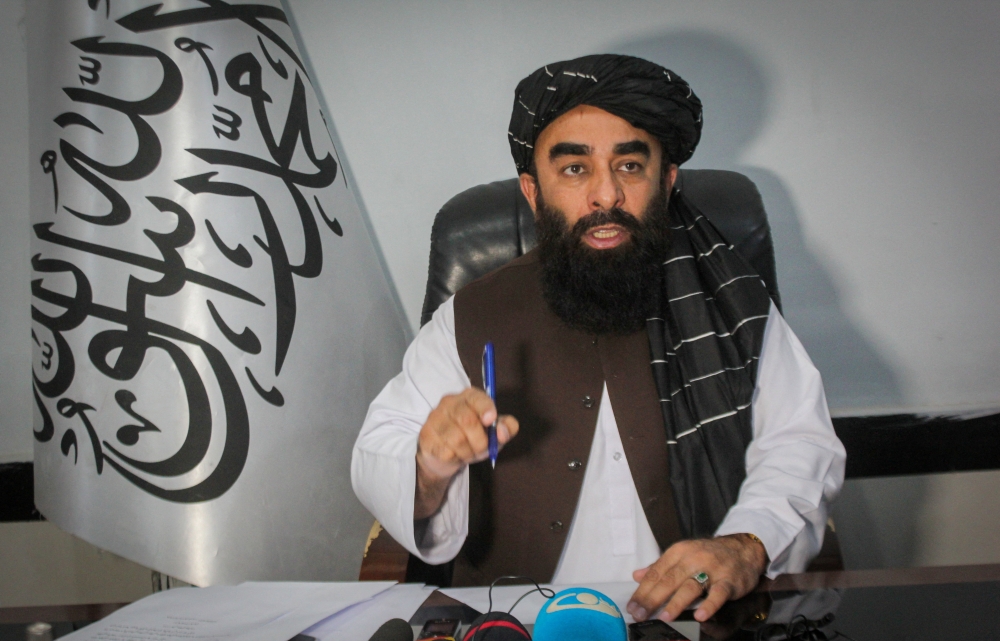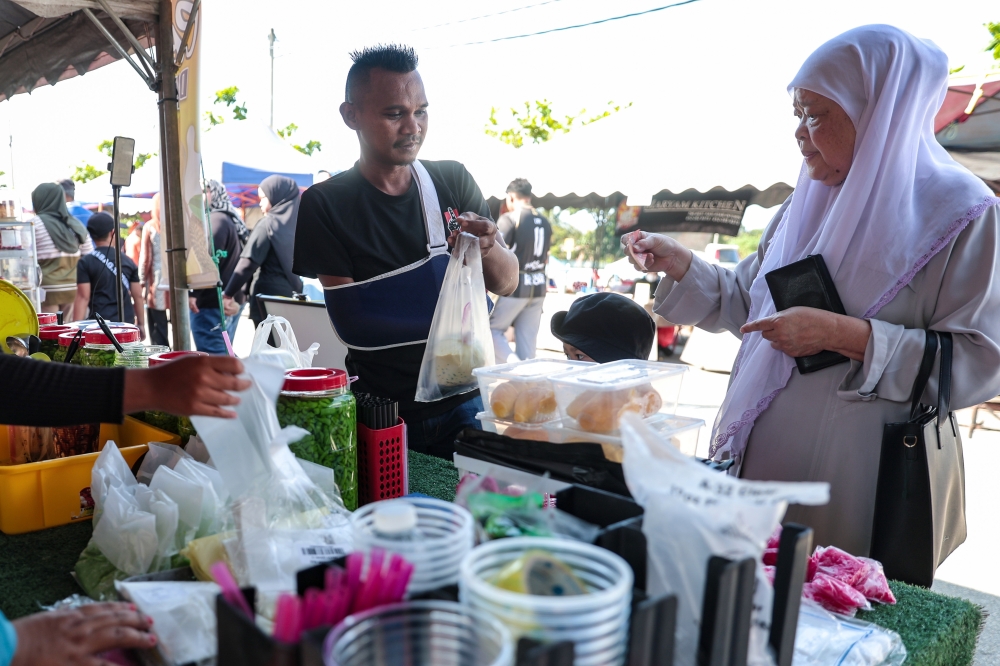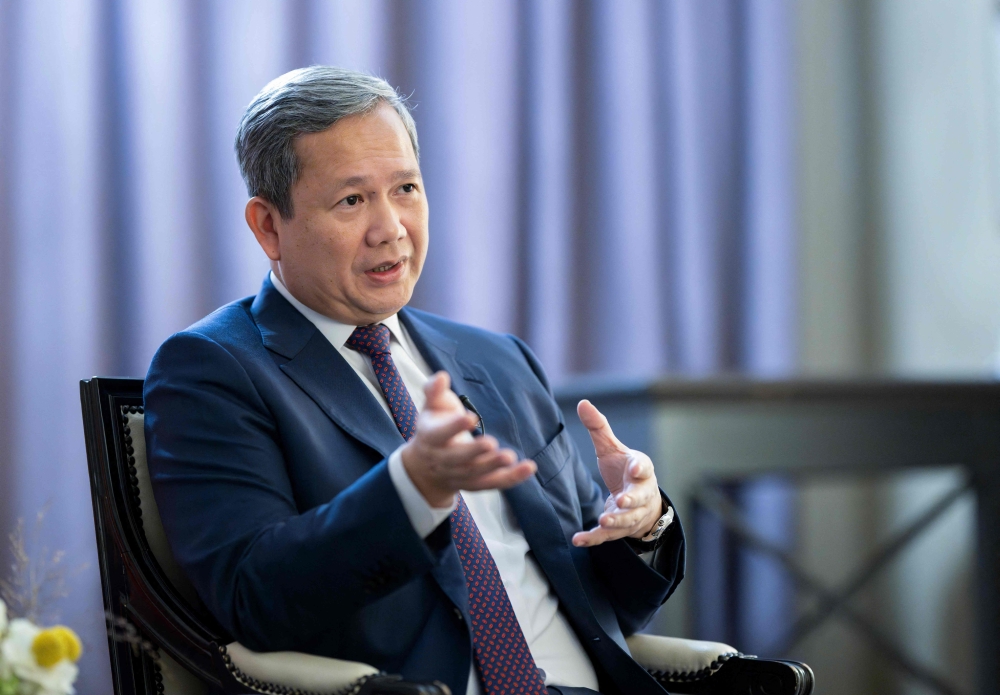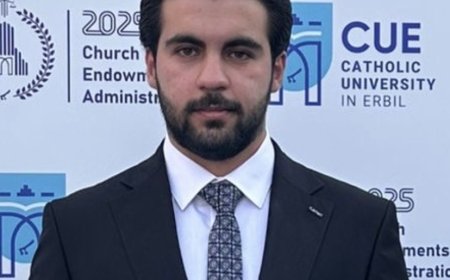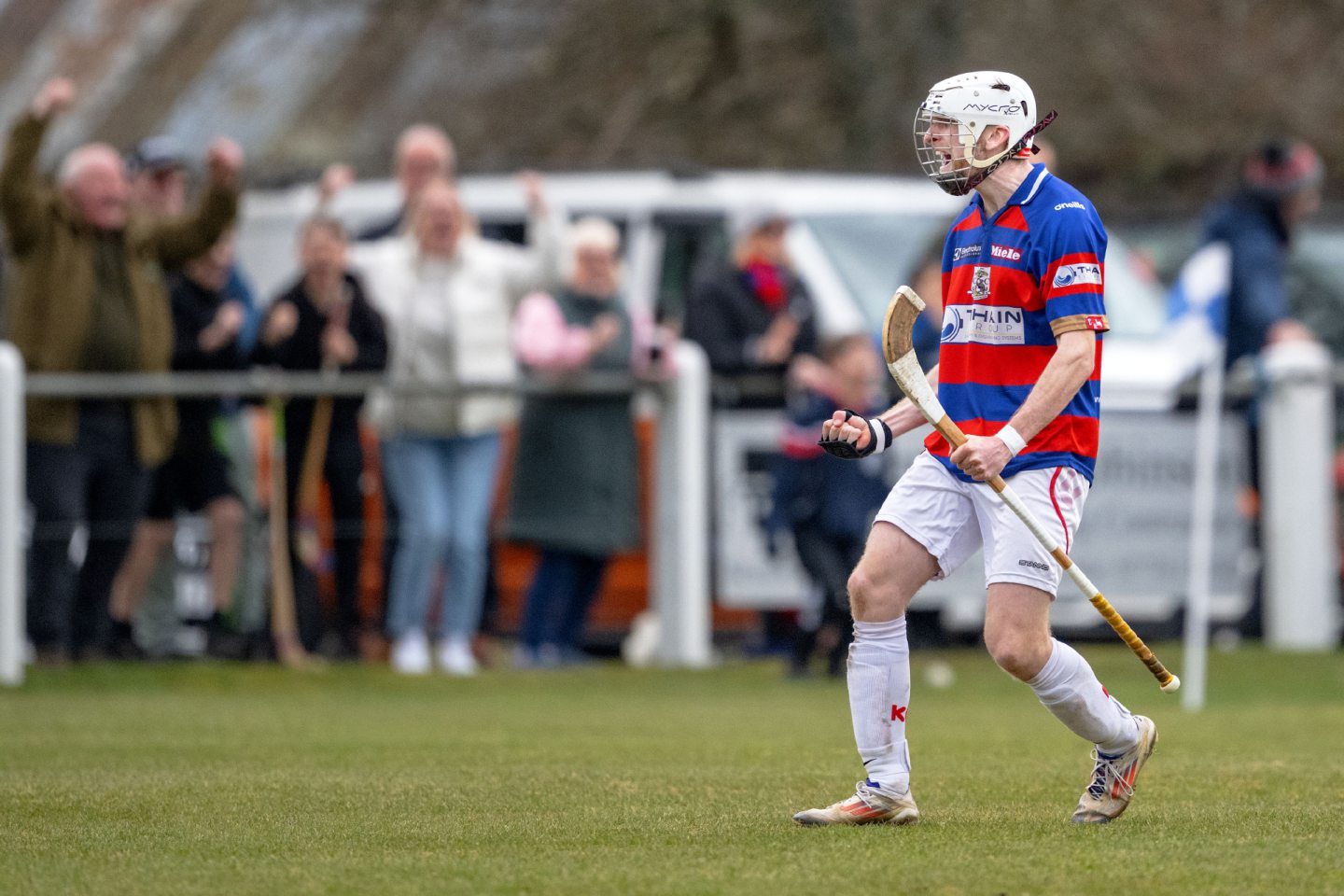Gen Z takes charge as activists unite to challenge authoritarianism and reshape democracy in 2025
Amid global upheaval, marked by Gen Z-led protests and aid cuts, the South-South Social Movements Convergence in Cape Town gathered activists and youth leaders to plot a course for democracy and against authoritarianism.

Youth-led mobilisations have long played an important role in challenging structural inequalities and catalysing democratic renewal across the Global South. In 2025, there has been a spate of demonstrations in South and Southeast Asia, Africa and Latin America, led by Gen Z citizens with a knack for organising via social media platforms such as Facebook, TikTok and Instagram.
There were the June protests against rising living costs and political corruption in Kenya; the large-scale anti-government demonstrations that toppled leaders in Nepaland Madagascar in September; and the recent marches against soaring crime levels in Lima, Peru, among others.
It is against this backdrop that more than 120 activists, scholars and youth leaders from across the Global South gathered in Cape Town between 30 October and 1 November for a “South-South Social Movements Convergence” aimed at examining “how youth-led political initiatives and uprisings are reshaping democracy, confronting authoritarianism and forging a new civic lexicon” across regions.

A global map of Gen Z-led protests, presented at the South-South Social Movements Convergence in Cape Town, 30 October 2025. (Photo: Tamsin Metelerkamp)
The event was organised by Yiaga Africa, a nonprofit civic hub, and the Open Society Foundations (OSF), a US grant-making network.
“We are living at a very, very difficult moment in history, whether it is in terms of the economic balance or… the governance deficit, especially in the Global South. But more importantly, amidst all these shenanigans, you see a group of young people who are now trying to disrupt and challenge illiberal systems, the governance [and] leadership deficits… and that is giving us a glimpse of hope that the future is bright,” said Dr Chukwuemeka Eze, director for democratic futures in Africa at the Open Society Foundations, in an interview with Daily Maverick.
“This is the moment in which we have decided to provide this platform to enable these young ones to share ideas, expertise and their experiences about what has worked, what is not working and what needs to be done, and to also build solidarity across continents.”

Dr Chukwuemeka Eze, director for democratic futures in Africa at the Open Society Foundations, speaks at the South-South Social Movements Convergence in Cape Town, 30 October 2025. (Photo: Quaid Jones / Robin Thuynsma)
Adapting to global shifts
The past year has seen major shifts in international funding for aid networks, most notably due to United States funding cuts for foreign development initiatives through the US Agency for International Development and the President’s Emergency Plan for Aids Relief.
Eze acknowledged that these shifts were a problem as organisations such as the Open Society Foundations were not equipped to bridge the resultant funding gaps. However, he said there was also an opportunity for innovation and introspection in sustaining social movements and activism.
“There are a few things that we are now pushing as a foundation. Number one is the issue of local resourcing. For example, one of the things we have advocated for is what we call business for peace in Africa. How do you get the business community to invest not as corporate social responsibility, but [rather] to see their investments in the reimagination of democracy and stability as part of their responsibility to ensure that their businesses thrive? Because when there is chaos and anarchy, businesses suffer,” he said.
Another strategy Eze put forward was the professionalisation of services offered by civil society actors, where they used their skills as ground-level researchers and data gatherers to generate income that could sustain their work for communities and social development.
The Open Society Foundations, a major funder of nonprofits across sectors such as democratic practice, climate justice and human rights protection, has itself come under pressure in the US recently, reportedly linked to US President Donald Trump’s attacks on George Soros, left-leaning billionaire and founder of OSF.
When asked about hostility towards nonprofits like OSF in the West, Eze said: “This is a huge concern. But let me begin by saying that it was in this kind of moment that the Open Society Foundations was founded. [Our organisation] has remained constant in terms of its principles. When any government changes its own principles, they now begin to look at Open Society Foundations as against them, but that’s not the case.
“We have remained consistent… in terms of our investment… [in] open society values of inclusion, transparency, accountability and social justice.”
Eze said the Open Society Foundations would not change its principles to suit any government.

Valeria Pineda Angola, activist with Afrochingonas in Mexico, Emilie Palamy Pradichit, from the Manushya Foundation in Thailand, Shakira Wafula, activist from Kenya and Mantate Queeneth Mlotshwa from First Today Africa, speak at the South-South Social Movements Convergence in Cape Town, 30 October 2025. (Photo: Quaid Jones and Robin Thuynsma)
Championing youth-led movements
Among those who spoke at the South-South Social Movements Convergence was Shakira Wafula, an activist from Kenya, who emphasised that being a young person on the frontline of change was about courage and “showing up… in spite of fear”.
“Democracy, for me, is about showing up every day with courage, being intentional and reimagining how we can rebuild our society despite what we have experienced so far,” she said.
“The civic space is shrinking for a lot of people… There’s also this community within the organising space that shows care and love [for] each other. It’s about hope and resilience.”
Wafula noted that activism was not only about fighting systems, but also “healing from them” in order to break intergenerational cycles of suffering.
Emilie Palamy Pradichit, founder of the Manushya Foundation in Thailand, told the assembled activists that being a young person in Southeast Asia meant living in constant fear that you could be jailed, killed or disappear if you were found to have criticised the government or the monarchy on social media.
“I’m a millennial, but… I’m supporting and working on a daily basis [with] the Gen Z and the young people who are fleeing in a region that is experiencing more and more transnational repression,” said Pradichit.
“In Thailand, you can go to jail for 15 years when you’re criticising the government. In Laos, you can be killed. You can be gunned down just because you’re denouncing Chinese investments on Facebook. In Myanmar, Gen Z are proudly now resisting the military coup. In Cambodia and Vietnam, young people are fleeing, and they’re experiencing transnational repression in Thailand because the Thai government is cooperating with Southeast Asian governments to crack down on them.”
The Manushya Foundation is a women-led nonprofit seeking to reinforce the power of local communities and human rights defenders. Pradichit explained that it provided a safe house for men and women fleeing oppression in Southeast Asia.
“Building feminist safety nets has taught me and my team… that movements are collapsing when people are tired. They are alone and they are scared. Authoritarian governments, they want to exhaust us. They want us to burn out, and the patriarchy wants us to feel powerless. They want us to feel small. And so it’s really important for us to build feminist safety networks that welcome everyone,” she said.

Leite Costa Naiara, executive coordinator of Odara Black Women’s Institute, Brazil, Axolile Notywala, proportional representation councillor in the City of Cape Town, SA, Brian Kagaro, global director of programmes at Open Society Foundations and Ibrahim Faruk, Africa programme coordinator at Yiaga Africa, at the South-South Social Movements Convergence in Cape Town, 31 October 2025. (Photo: Quaid Jones and Robin Thuynsma)
‘Activist’ politics
South African proportional representation councillor in the City of Cape Town, Axolile Notywala, addressed the gathering on the idea of “leadership for the futures we want”. He referred to himself as an “activist politician”, adding that young people could not disrupt the current nature of party politics if none of them was occupying seats within the political space.
“Many of us have fought hard and continue to fight hard on the outside. Many young people today… in different struggles, in different protests around the world, are fighting on the outside and are risking their lives… But what happens when those young people win? Does it translate to just, inclusive and caring cities or governments?” said Notywala.
“I don’t believe that it necessarily does, because we somehow put our trust in the same establishment we might have fought or advocated against. I believe that something must shift… I believe we can be activists when it comes to electoral politics in particular, and advocate for those whose voices are never heard.”

Axolile Notywala, a City of Cape Town proportional representation councillor, said confronting systems required a collective approach, especially as many of the issues facing groups were transnational in nature. (Photo: Quaid Jones and Robin Thuynsma)
Notywala pushed for a movement towards “municipalism” in politics, as a strategy for implementing transformative demands of grassroots movements at the local level.
“We need to start hearing more about municipal politics than we do now. We care more about national elections than we do local elections… We must approach this new politics… at the local level with radical generosity, care and solidarity,” he said.
Reflecting on his hopes for the outcomes of the conference, Eze said that the idea was to establish networks that would allow people to amplify their social justice work in their local communities. He noted that confronting systems required a collective approach, especially as many of the issues facing groups were transnational in nature.
“Our fear has always been that if we don’t invest in social movements, they can fizzle away. Either the state infiltrates them or buys them over, or even fatigue sets in. That will be a very, very dangerous moment for democracy, because the state institutions are captured, and therefore these are the only dissenting voices that we continue to hear that are challenging some of these systems,” he said.
[Source: Daily Maverick]


